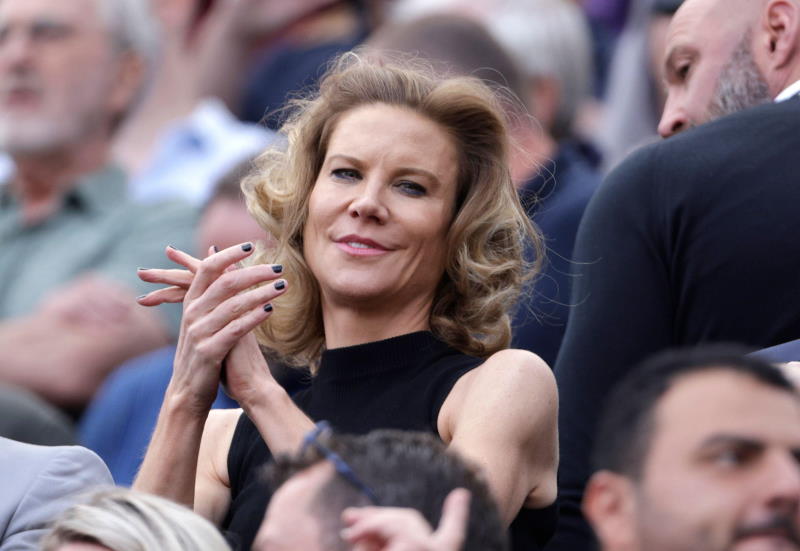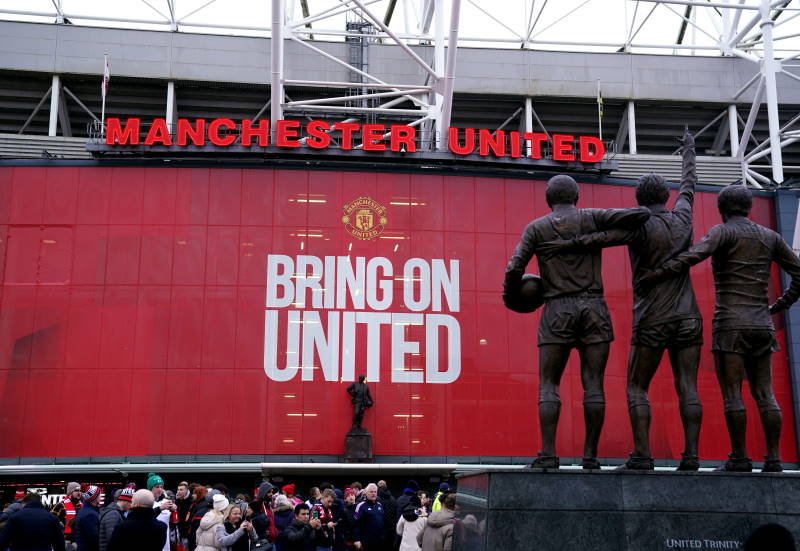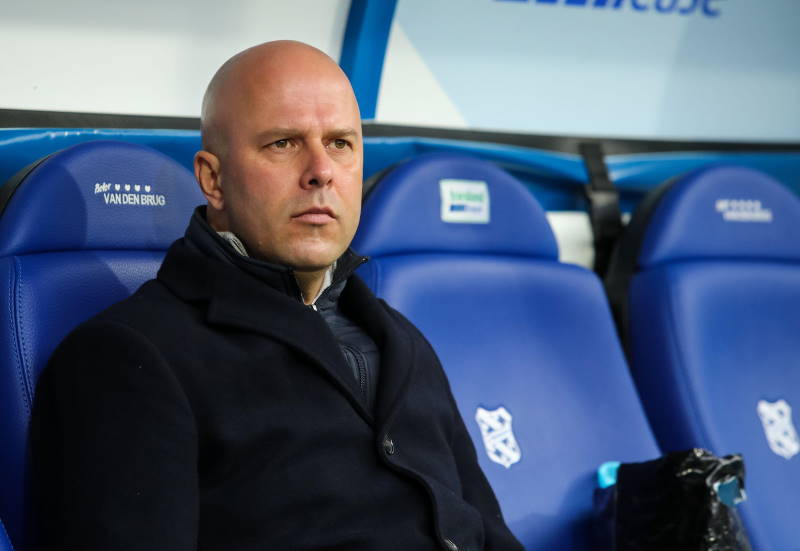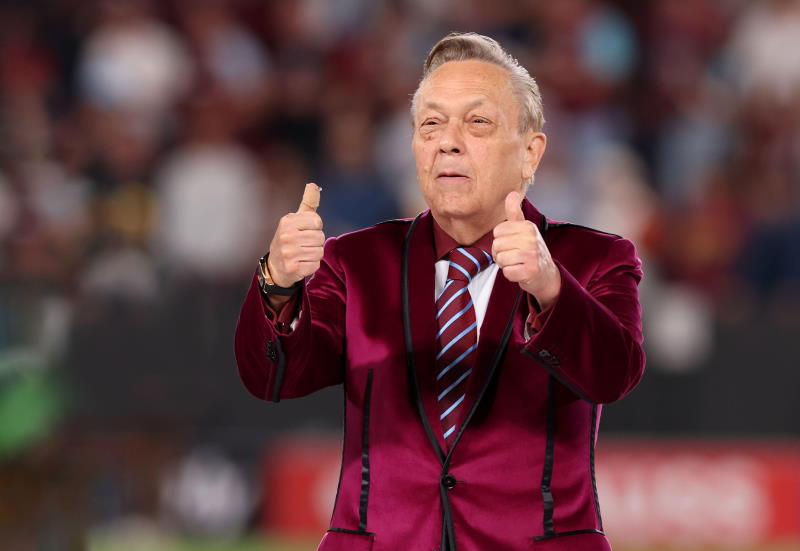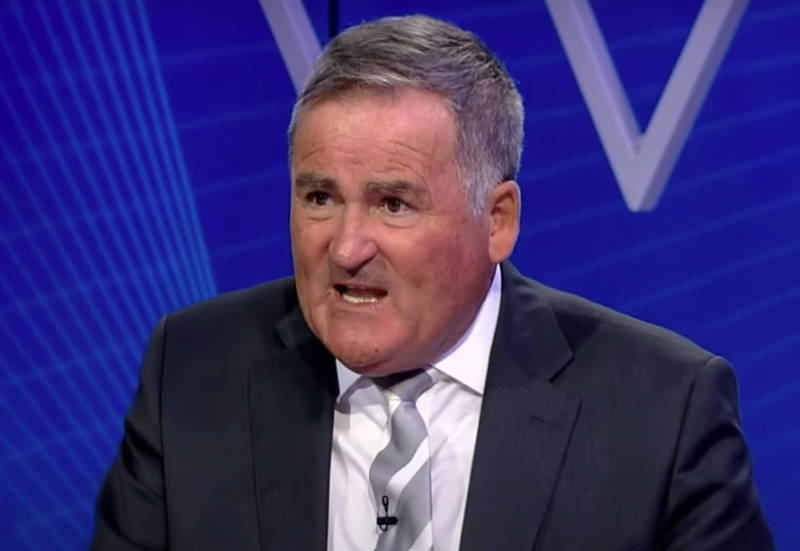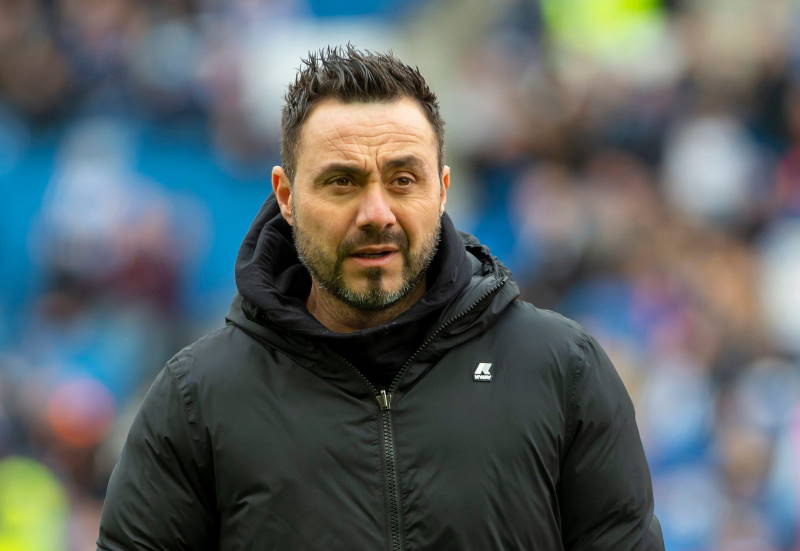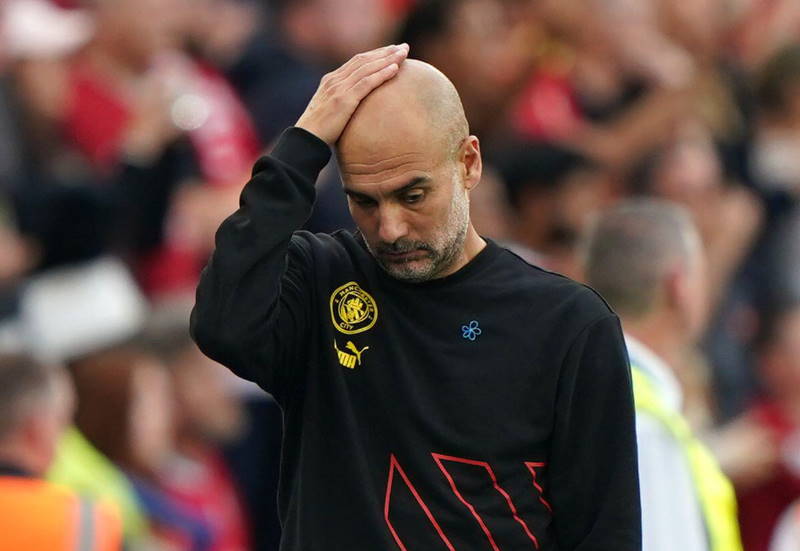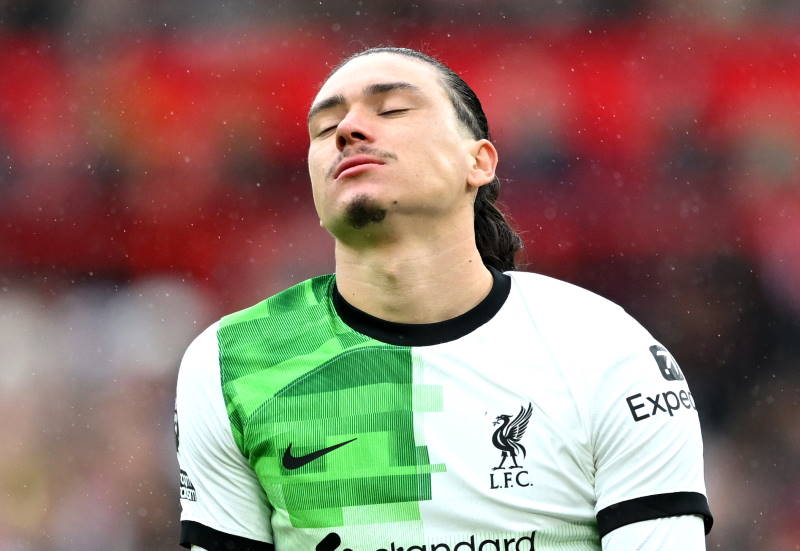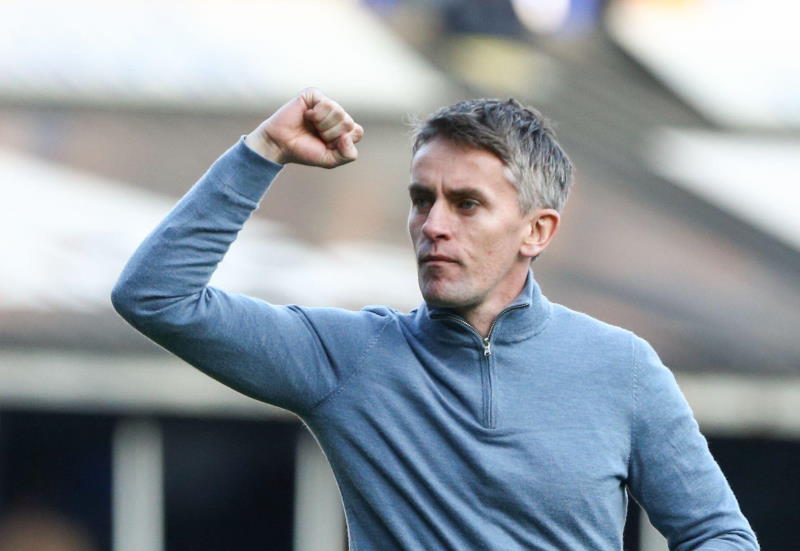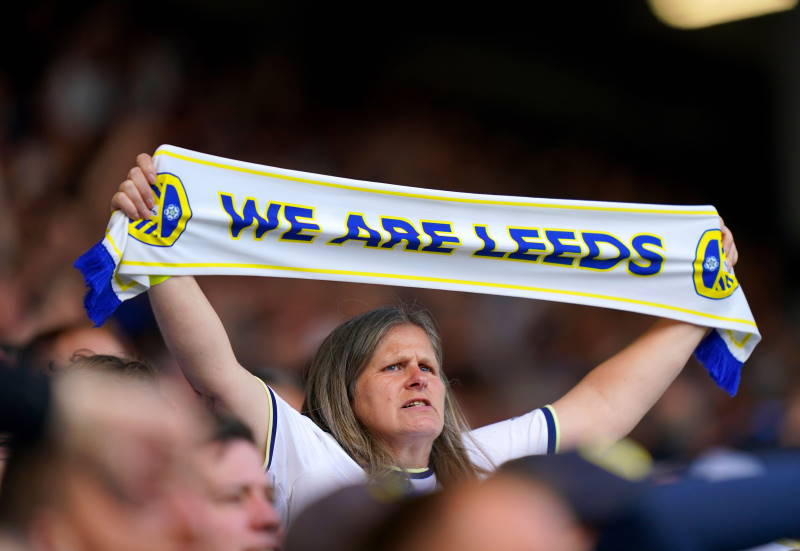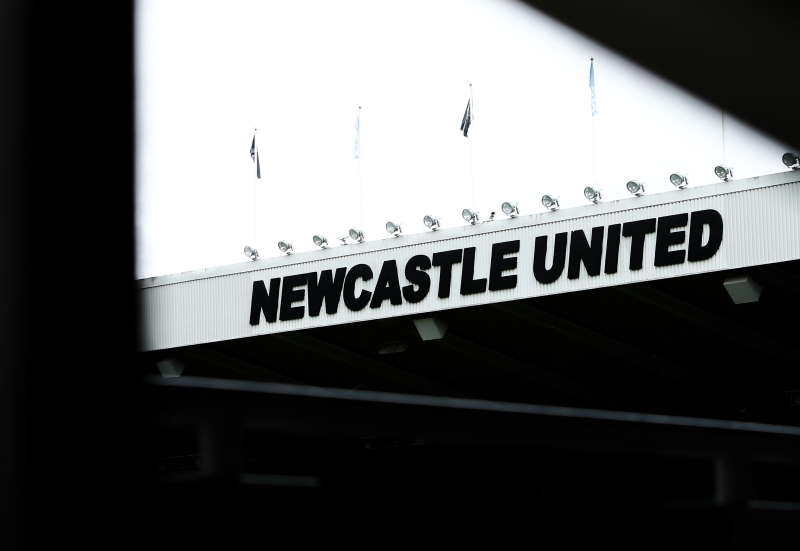
David Moyes said that he did not think Manchester United would be able to convince Chelsea to sell Juan Mata. The irony is that it is because of how badly the Premier League champions have done that they have been able to prise the Spaniard away from Stamford Bridge. Whatever Jose Mourinho may say publicly, there is not a chance he would have sold Mata to Manchester City, Arsenal or even Liverpool at this moment. But how will the transfer affect the two clubs involved?
Why would Mourinho sell Mata? It is hard to think a character such as Mourinho would not seek to use every trick available to him to maximise Chelsea’s chances of winning the league this season, and the fact that Mata can’t play against his team, but can feature in games against Arsenal and Manchester City, would have helped the Portuguese with his decision. Also helpful is that, as Mourinho has indicated, the funds generated are welcome for Chelsea. The paupers of west London, struggling as they are to comply with the financial fair play regulations set out by UEFA after following up last year’s one-off profit with a characteristic multi-million pound loss this year, could do with some big sales, and £37.1m is not to be sniffed at.
But beyond the financials, Mata’s sale throws into question precisely what Mourinho is doing at Stamford Bridge. It is worth examining at his comments after a defeat to Stoke back in early December.
“Am I going to change the style and play more defensive players? No. Am I going to play David Luiz in front of the central defenders? No. Am I going to play with four plus two and the wingers closing behind and leaving Fernando [Torres] in attack waiting for a counter attack, waiting for a long ball to try to win 1-0? No.”
In typical Mourinho fashion, the Portuguese has since gone back on those comments and done each of those three things. The sale of Mata is a clear sign that Chelsea are not a club that accept players trying to do things their way. It is the Mourinho way or, essentially, ‘go away’. Such an approach directly contradicts the attempts to create the free-flowing imaginative football owner Roman Abramovich craves. Indeed, it was only shortly after Mourinho’s return that he said the club did not like the way Chelsea had played in recent seasons, which by implication means they probably don’t like the direction the Portuguese is now taking them in. So for all the short-term benefits Chelsea may reap, it is easy to wonder where this leaves manager and owner in the long-term. Although then again, maybe this is a sign Abramovich is changing. Years of experience have taught him that trying to play nice football occasionally means losing, which of course is unacceptable in his world.
That is Chelsea’s view. But where does this leave the reigning champions?
Mata’s transfer has been compared to Arsenal’s capture of Mesut Ozil and it is easy to see why. However, look beneath the obvious similarities and there are fundamental differences. Although few realised it at the time, Arsenal were building on concrete foundations, with an uncharacteristically solid defence, the league’s best so far this season. They had also won 13 of their last 16 games in all competitions when Ozil arrived. In other words, Arsenal were already well on the way towards their resurgence when the German was signed. In contrast, Manchester United are looking like a team whose trajectory is very much uncertain.
There is no sign that they have even reached their lowest point yet, the 2-1 defeat at Stoke going some way towards popping the optimism bubble created when Mata signed, and the capture of the midfielder does not make their defence stronger, nor their central midfield any more imposing. That said, just because the priority signings can’t be made doesn’t mean Manchester United should have passed on a player of Mata’s quality. It also throws up an intriguing tactical question or two though.
First, Mata is not a counter attacking player, and it is hard to see him thriving in a side which do not control and dominate games; Manchester United have been doing precious little of either lately. The second observation is that Manchester United’s success under Sir Alex Ferguson was built on getting the ball out wide and opening up space in the middle. They were not a ‘tiki-taka’ team playing short triangular passes through the middle, as Mata would benefit from.
The final dilemma is that Wayne Rooney and Mata both play at their best in the areas just behind a centre forward. They are undoubtedly clever enough to dovetail nicely behind Robin van Persie, but that means Manchester United could risk being very narrow. They will therefore need to find full-backs with the energy and skill to get forward quickly and play accurate passes in and around the box.
If Manchester United do all of that, it could be quite an exciting prospect. However, such an approach does not seem typical of David Moyes’ tactical outlook even if the former Everton boss has sometimes been unfairly criticised for his style of play. Yet he remains fundamentally a cautious manager rather than a gung-ho one. His treatment of Steven Pienaar and Leon Osman shows he can nurture imaginative midfielders, but their creativity is encouraged ‘within the system’, rather than spontaneously, which makes Moyes a little bit like, well, Mourinho tactically.
But the beauty of Mata is that he adapts to the game and works out the best passes, the best runs to make, with his intuitive understanding of the game. Such a mentality is not compatible with following rigid tactical instructions, which is what Moyes will expect. Which begs the obvious question: If Mata does not suit a Mourinho team, how will he fit into a Moyes one? It is one thing saying Manchester United need creativity, which they clearly do, and giving them a playmaker of Mata’s class. But then they have to build a team and set them up in a way that gets the best out of him and gives Mata tactical freedom. And it is just as hard to see that happening under Moyes as it was under Mourinho.
Don’t bet on football until you’ve visited Inside Bet! Interesting markets, top tips, betting facts – get all the info before you bet.

